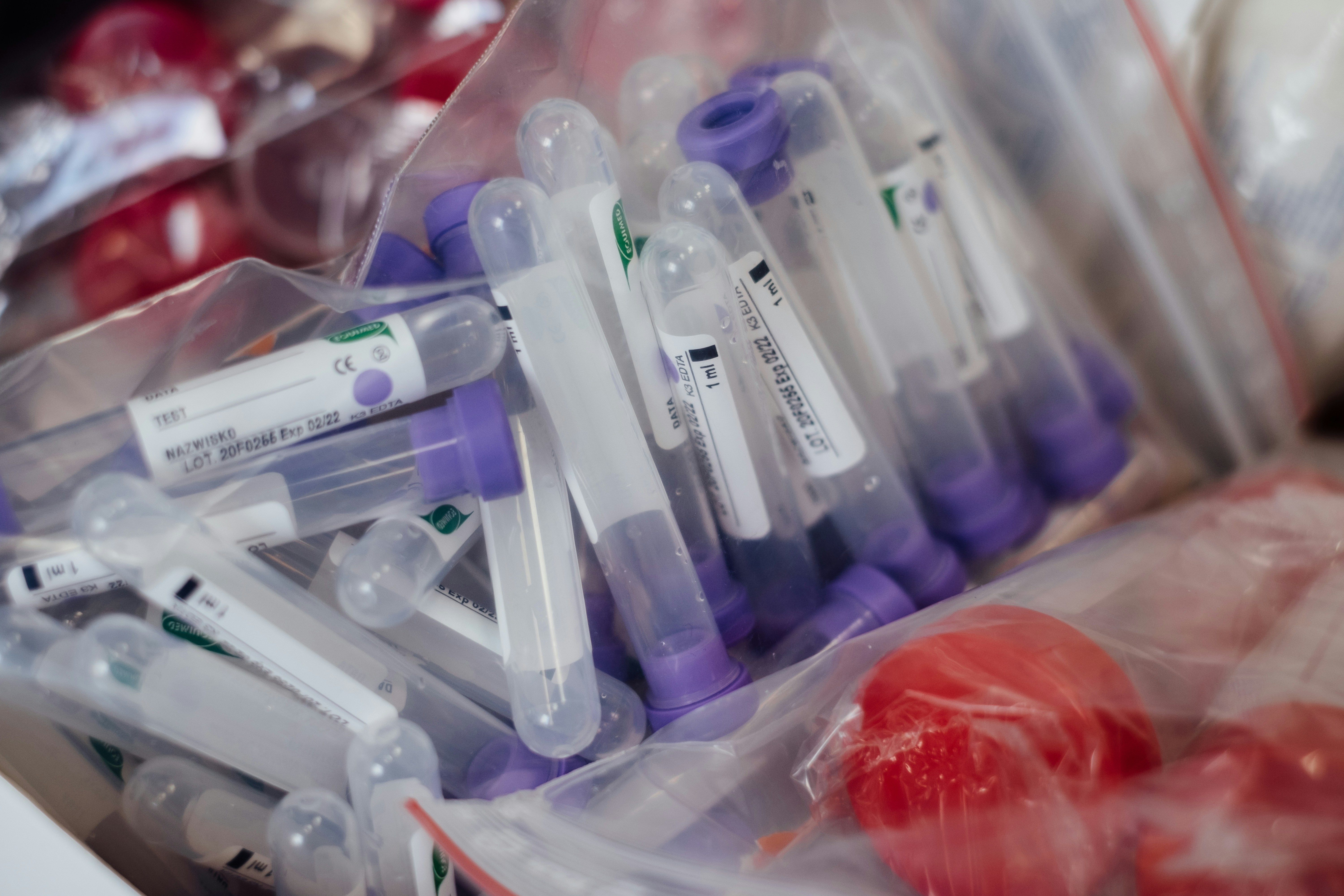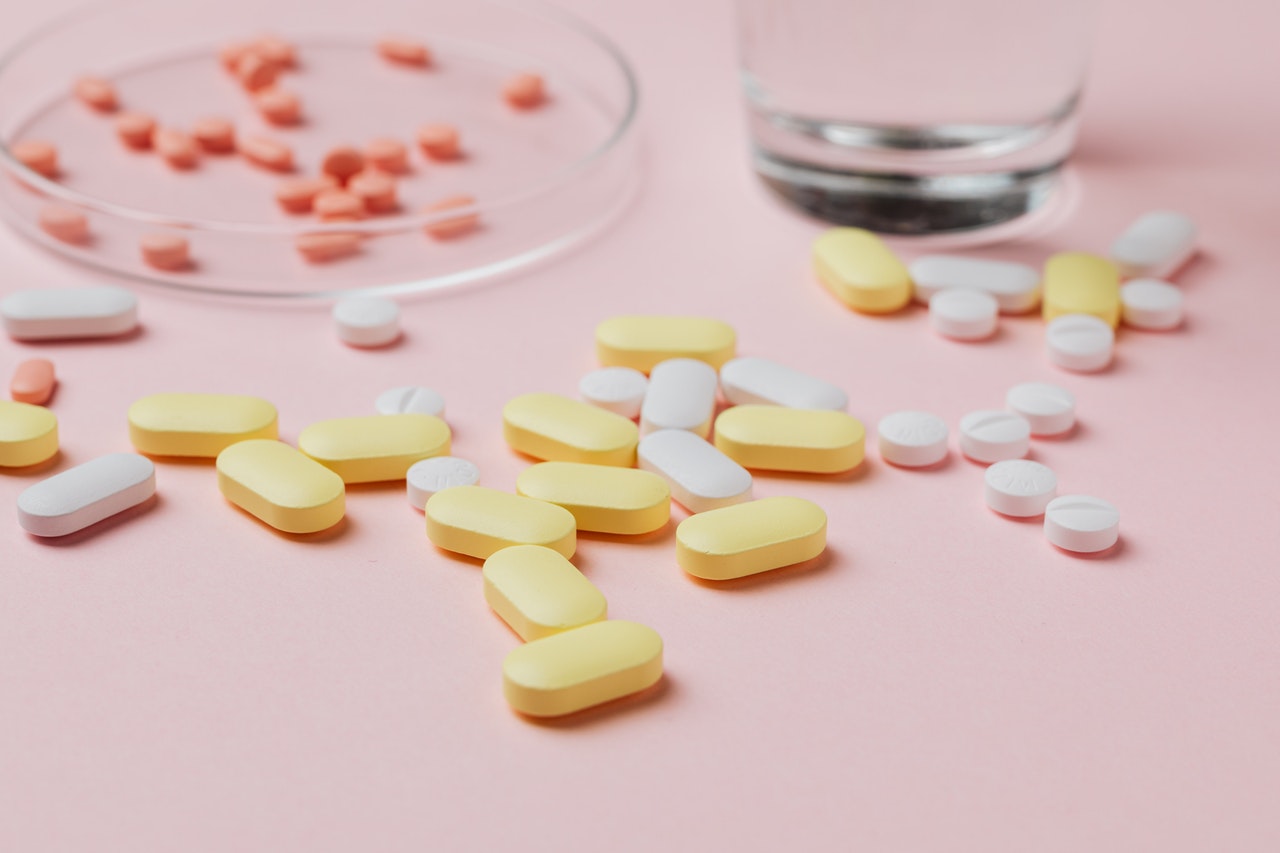If you have symptoms of COVID-19, your first reaction may likely be to figure out how to treat yourself at home immediately. What medications do you need, and what should you avoid? You don’t want to make any symptoms worse and also want something preventative. Making an over-the-counter decision will be easier when you have some information to guide you, so here’s what we know.
COVID-19 is an upper respiratory virus with cases first appearing in China and has since spread across the world. Symptoms include fever, cough, and shortness of breath. (If you are having trouble breathing, please consult a doctor immediately.)
Immune compromised people are at high risk of getting the virus, which includes people with heart disease and other previous conditions. People who smoke or vape are also at high risk of contracting the upper respiratory infection. Most areas have mandatory stay at home orders to prevent the spread. That being said, aside from washing your hands and disinfecting your home, you also need to be taking care of your health. There are many things you can be doing to boost your immune system as a preventative measure. There are also things to avoid that lower your immune system, like alcohol, fatty foods, and certain medications.
Which medications should you avoid?

The World Health Organization originally recommended taking acetaminophen (Tylenol) and avoiding anti-inflammatory medications such as ibuprofen. However, this idea has split the medical community because many doctors say that ibuprofen will have no effect on a patient. Thus, WHO has retracted that statement. This back and forth of WHO statements has left many feeling very confused and reluctant to purchase any medications. So, what now? As far as ibuprofen goes, it could be better to be safe than sorry, so maybe reach for that Tylenol instead.
It’s important to remember that COVID-19 attacks the immune system. Taking Emergen-C and other immune boosting measures is a must. However, there are medications that lower the immune system and, similar to ibuprofen, they may be imperative to avoid. Medications such as steroids fight inflammation and, as a result, lower the immune system. Sounds like our friend ibuprofen, right? What’s tricky about steroids is that they are commonly prescribed by doctors to fight upper respiratory infections. This is because of the buildup of inflammation, and Coronavirus patients will have inflammation in their lungs. Despite fighting inflammation, steroids impair the immune system’s ability to fight off other ailments, which you don’t want to happen to your body when avoiding a virus.
What kinds of treatments are available?

There are currently no FDA-approved antiviral treatments, though many are in the works. Similarly, the FDA has not officially approved the use of over-the-counter medications as official treatments either. The symptoms of COVID-19 are so similar to the common cold that taking typical cold medications could potentially be helpful. Nasal congestion sprays can also be helpful, but people with high blood pressure should avoid those medications. Avoiding anti-inflammatory medications helps prevent immune suppression, which is imperative when fighting off any kind of virus.
If you have the virus, you will have to remain isolated at home for at least two weeks. Taking that into consideration, you will want to have everything you may need at home. So if you are not yet experiencing symptoms and can safely visit the pharmacy, remember to stock up on any medications you take regularly. At this time, since there is new information coming out daily, it could be better to be safe than sorry and preserve your immune system as much as possible. Always consult a doctor if you feel you may have symptoms of COVID-19. The CDC has more information about how to get tested and preventative measures to take.
